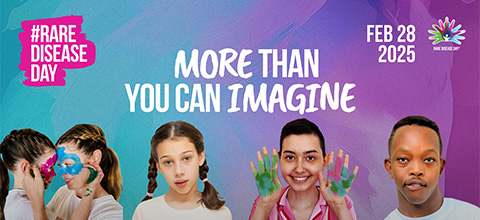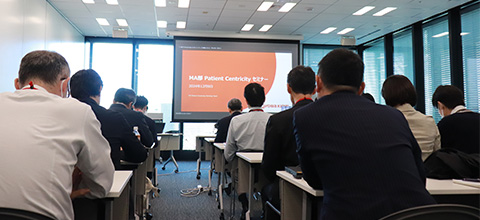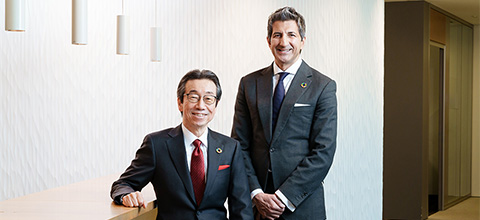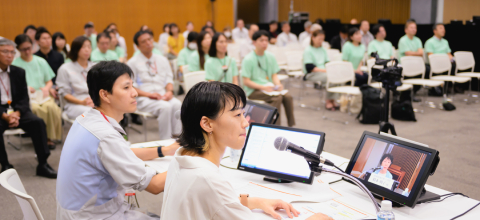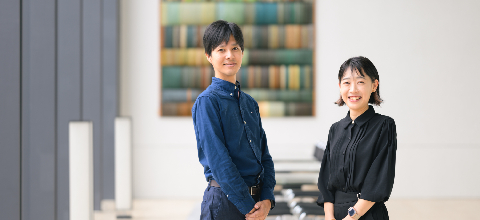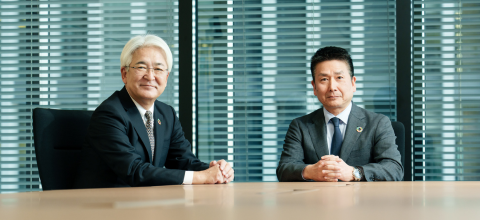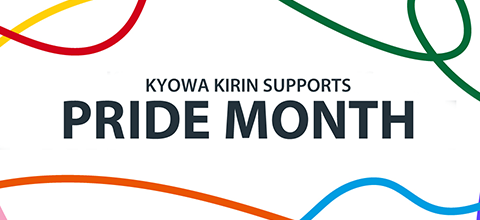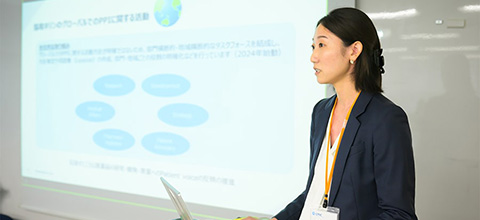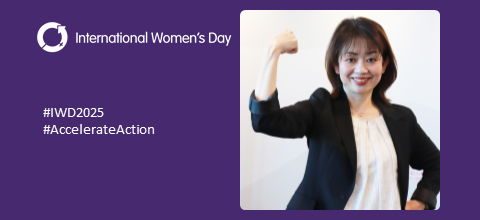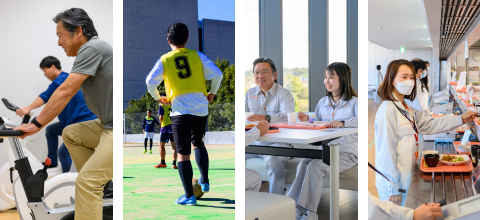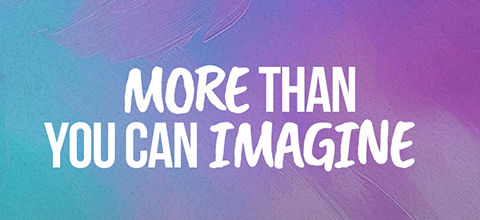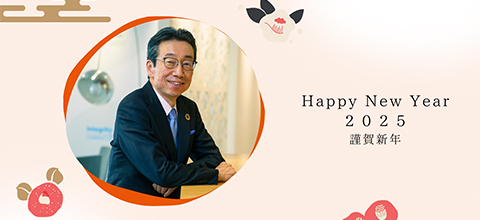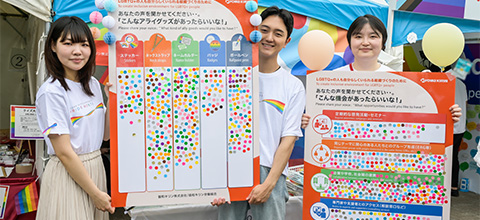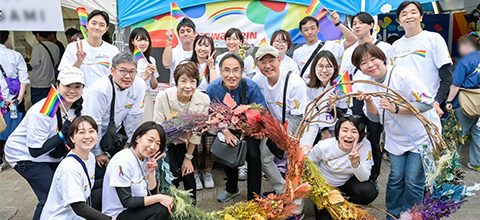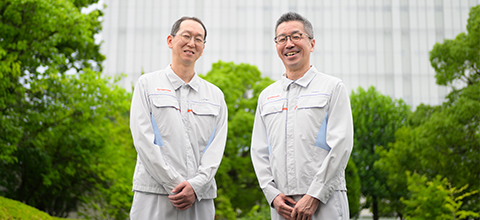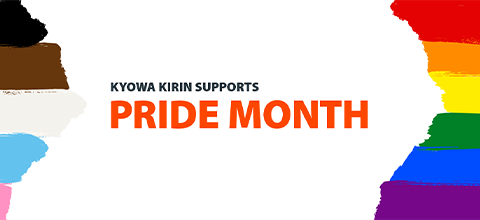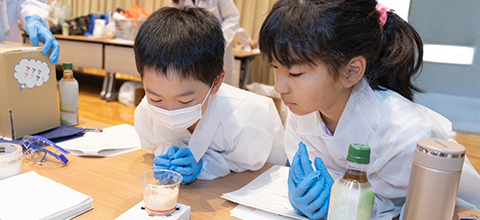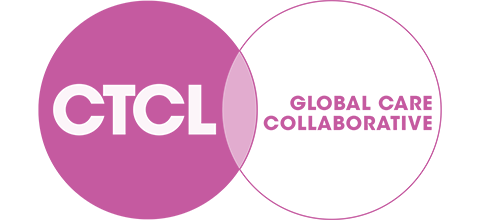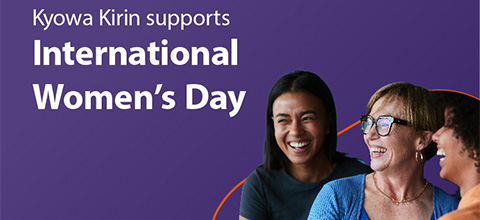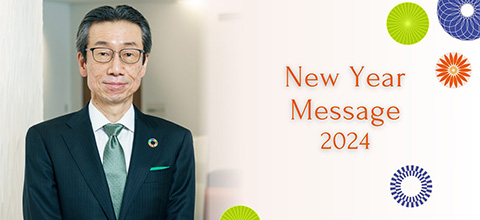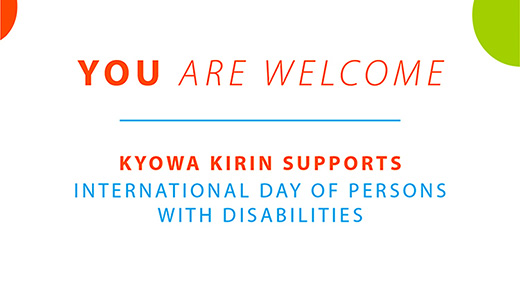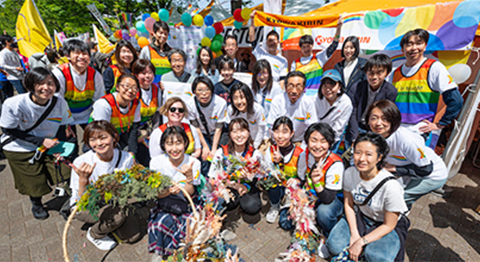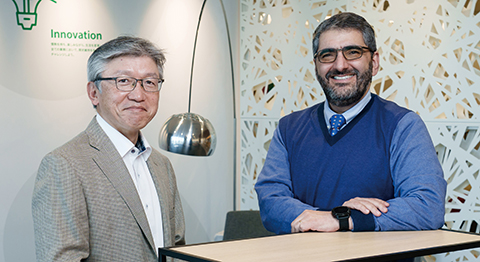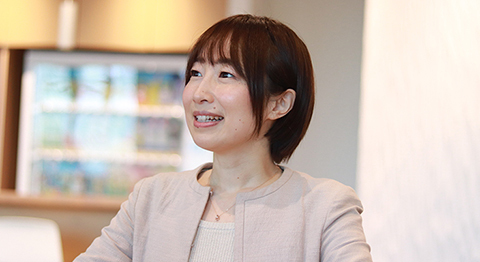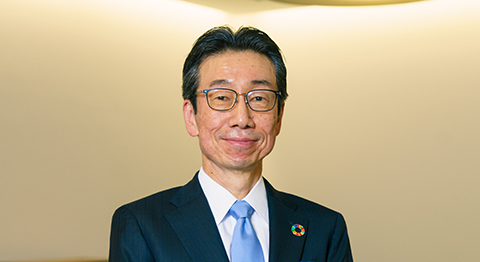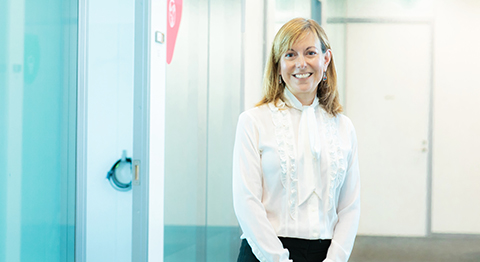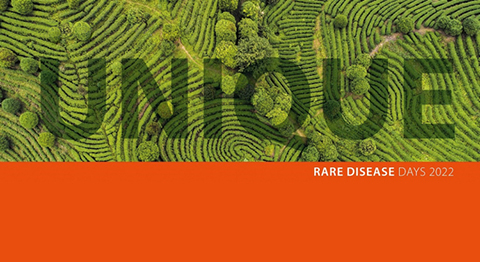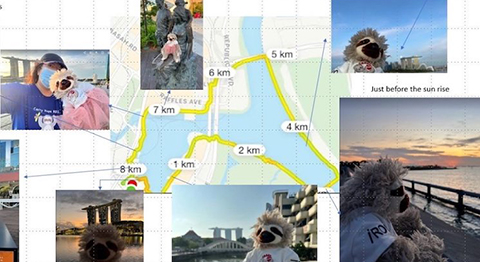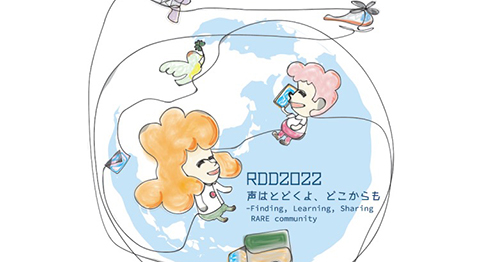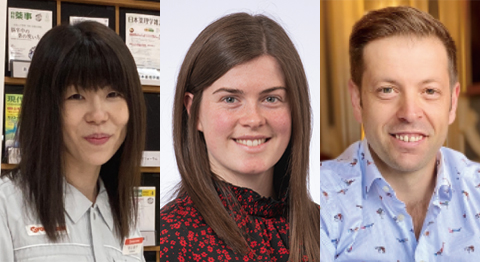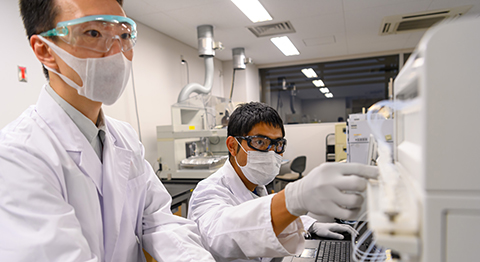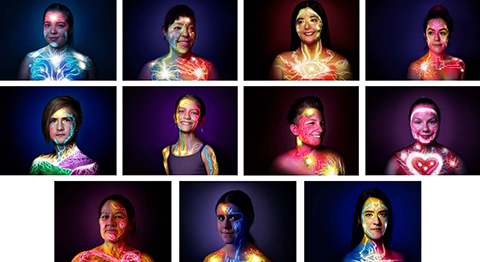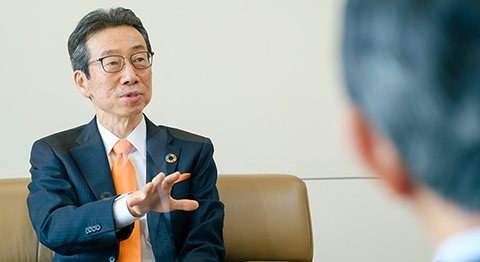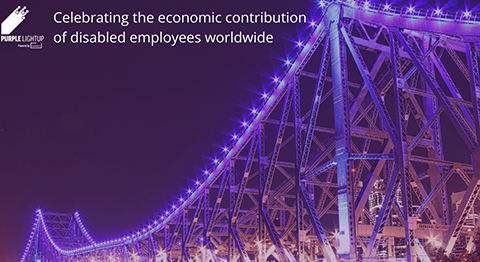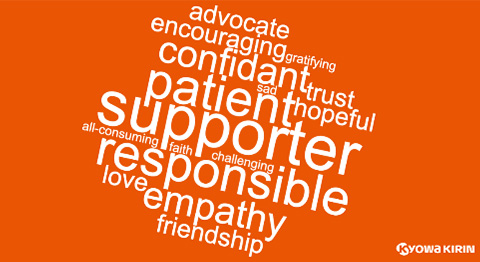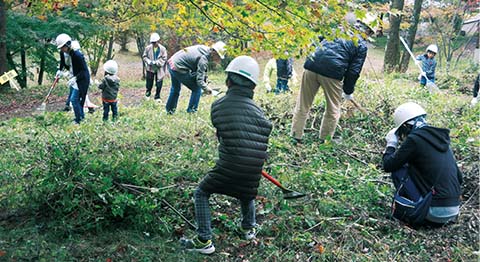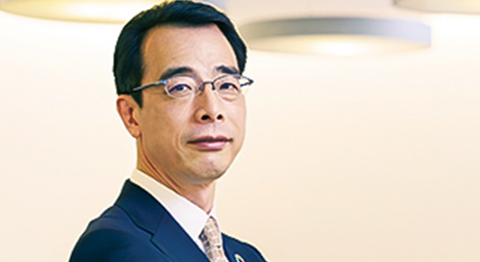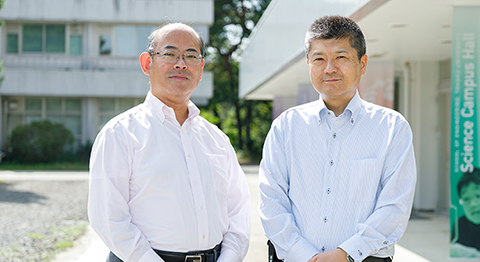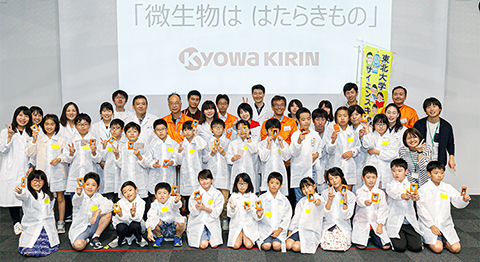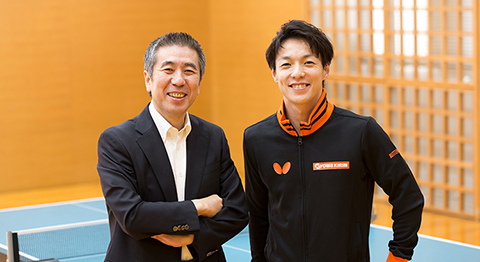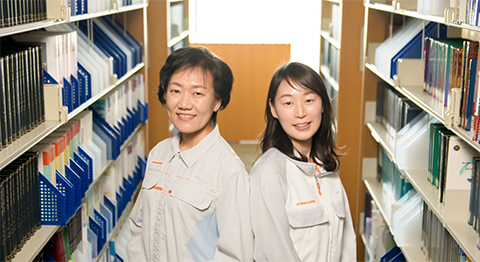- *Please kindly note that this story highlights an initiative in Japan that some parts may not be fully appropriate for other countries or regions.
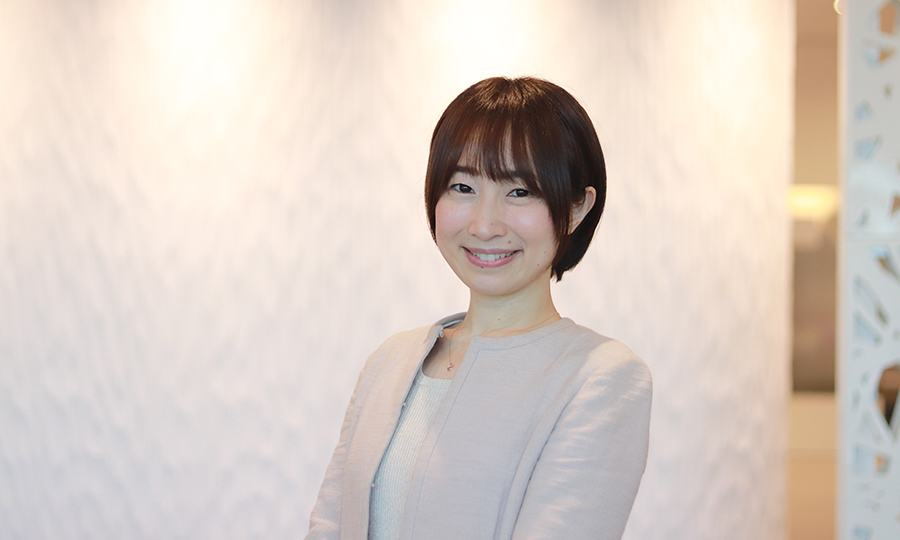
Since a law to promote women’s participation and advancement in the workplace went into effect in Japan in 2016, there have been expanded efforts to encourage women to work, which led to growing interest in health problems that are specific to working women. Women face a range of health issues in their different life stages and many of them are linked to menstruation. It is believed that women today go through 300 to 400 more menstrual cycles in their life time compared to prehistoric women who repeatedly gave birth from a younger age.i
There are many female-specific illnesses, such as endometriosis and uterine fibroids, that women are more likely to develop due to experiencing more periods, fewer pregnancies and less breastfeeding. In some cases, these illnesses are the reason why women require fertility treatment. Women having more periods naturally means an increase in the number of times they experience premenstrual syndrome, or PMS, which are distressing physical and emotional symptoms that appear before the start of a period. Japan’s Ministry of Economy, Trade and Industry says the economic loss stemming from menstrual disorders in the country come to 682.8 billion yen annually.ii
One employee set eyes on the diversity of working women and health issues unique to them. She proposed taking action to deepen understanding of periods and fertility treatment in the company. Natsuki Toyoizumi worked as a medical representative (MR) for 12 years before assuming her current post at the Corporate Communications Department.
Kyowa Kirin established the Key Behavior “Overcome Barriers (KABEGOE)” to promote corporate culture reform with a goal to become an organization where each employee is constantly changing, evolving, taking action and learning. One of the reform initiatives is called “Meet Up”. It is a worker-initiated program in which employees invite members of management to engage in open dialogue with them. Toyoizumi proposed holding Meet Up on the topic of overcoming diversity barriers and promoting understanding for working women. We ask Toyoizumi how she got people to tackle a difficult problem that is also a socially challenging issue.
The aim was to create a place where people can open up about delicate matters
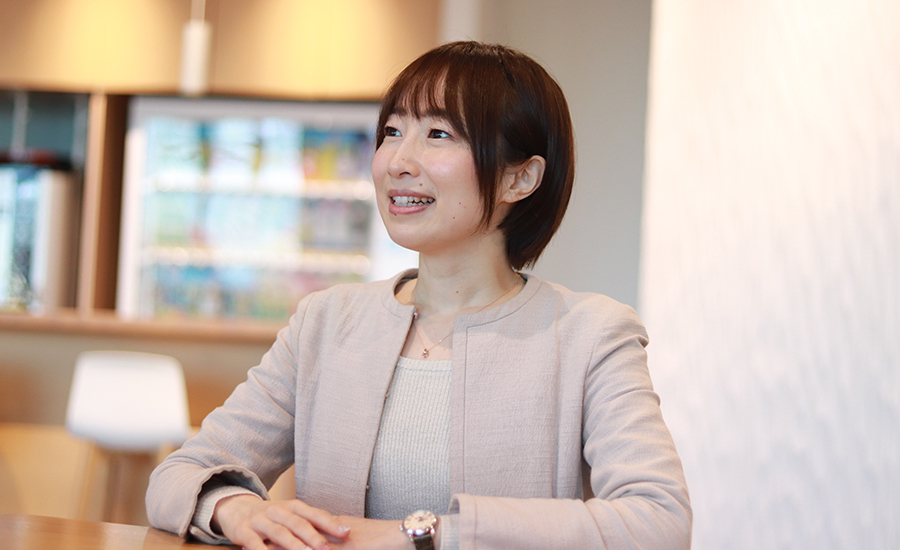
“What got me started was wanting people in the company to understand each other better through heart-to-heart talks, regardless of their positions. It wasn’t an initiative to encourage everyone to be more open about periods and fertility treatment. I wanted to create a better environment for employees who couldn’t discuss their worries with the people they work with. I thought that if we had a place to have frank discussions, we would less likely be left alone with our problems and be able to support each other, which would lead to a much better work environment.”
Toyoizumi asked herself what kind of problems she found difficult to discuss with people at work, and realized it was women-specific health issues. She had heard about fertility treatment from people around her and could imagine the pain and struggles involved. With some colleagues leaving the company due to changes in their environment, she felt it might be difficult for women to continue working for a long time without having anyone to confide in about their worries or problems.
“I myself had a very distressing experience when I was a medical representative. My period began unexpectedly while driving at work, and my suit got stained. But because I wasn’t at the office, I had no one nearby to share my suffering with. And while I found it okay to talk about it to women, I felt it’s not something I could tell a male colleague. I had never taken a day off work even if I felt unwell during my periods. I think I was too embarrassed to talk about my menstrual problems. Perhaps I felt that it was a taboo topic at work.”
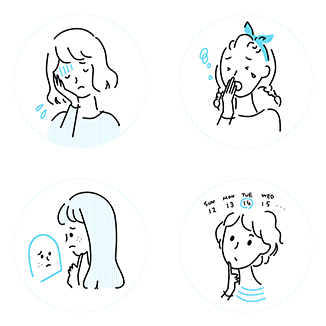
The emphasis was on facilitating a relaxed and open discussion
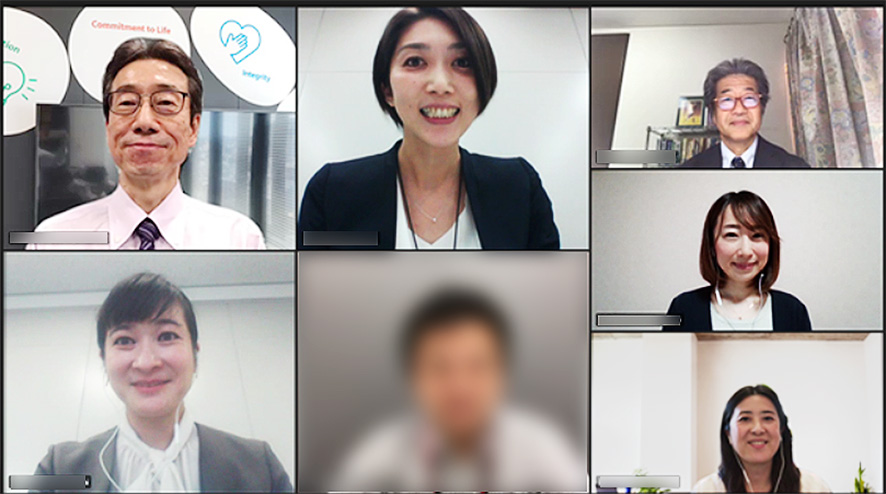
“I proposed my idea to the company, explaining that I wanted to create a place where everyone, including the president and executives, can talk and learn about periods and fertility treatment. My idea was adopted, and with the help from the Human Resources Department and others in the secretariat, I prepared for the event and approached members to let them know about it.”
Because the whole point was to provide a place for heart-to-heart talks, on the day of Meet Up!, Toyoizumi made sure to create an atmosphere where members felt relaxed and comfortable to talk. She met separately with each participating member beforehand and discussed the background and purpose of the event. Instead of asking participants outright to talk about the topics, the event took the form of introducing members’ opinions and experiences gathered beforehand, and asked participants for their reaction. The event lasted 100 minutes. The theme for the first half was “periods” and Toyoizumi introduced cases of menstrual troubles people experienced. Toyoizumi also spoke about her experience, how she felt scared and worried when her period began unexpectedly and her clothes got stained. Her story evoked empathy from many of the female participants as it is quite a common experience among women. But some men were shocked and said it was something they had never thought about. Surveys and discussions held in preparing for the event found that not only women, but men also thought talking about periods was taboo.
“Many of them said they avoided talk about periods because they thought it would be considered sexual harassment. Women suffering from menstrual problems kept it to themselves and men hesitated to ask their female colleagues if they were okay even when they seemed unwell. We work at a pharmaceutical company, so I think we have a relatively high level of health literacy. But still, workers were finding it hard to share their feelings and thoughts with others at the workplace. I believe Meet Up provided a good opportunity for us to have frank and open talks and to know each other.”
To be a team where diverse personalities shine
Kyowa Kirin adopted “Our DE&I Statement” in 2021 on the belief that the power of a team where diverse personalities shine will be the driving force to achieve the company’s vision for 2030. Promotion of Diversity, Equity and Inclusion is the foundation of what Kyowa Kirin is trying to achieve.
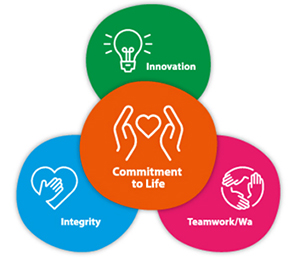
In Part I, the story focused on the motivation and thoughts behind Toyoizumi’s decision to start the Meet Up program about understanding more about working women and the session of menstruation. In the 2nd Part, the story will talk about the session of fertility treatment, the response after the program and subsequent developments.
- i.Shunichiro Izumi. “From the Clinical Field of Human Reproduction - The Legacies of Evolution and Constraints of Modern Society (on the Subject of Endometriosis).” May 2013, p.104. (in Japanese).
https://www.jstage.jst.go.jp/article/nl2008jsce/39/149/39_96/_pdf/-char/ja , (accessed December 14, 2022).
, (accessed December 14, 2022). - ii.Japan’s Ministry of Economy, Trade and Industry (METI), Healthcare Industries Division. “Women’s Health Initiatives in Health Management.” March 2019, p.2
https://www.meti.go.jp/policy/mono_info_service/healthcare/downloadfiles/josei-kenkou.pdf
